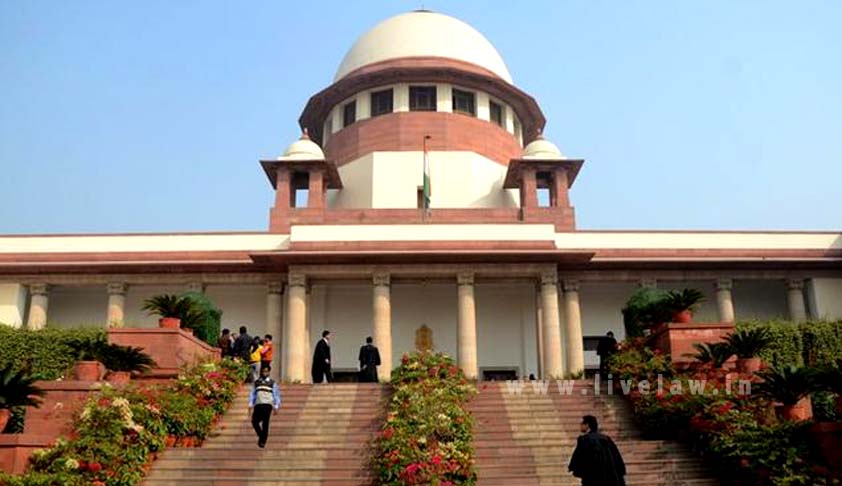Taking Cognizance without sanction after asking CBI to file sanction Order does not amount to Review; SC
Ashok KM
17 May 2016 9:51 AM IST

Next Story
17 May 2016 9:51 AM IST
The Supreme Court has observed that, an order of a Court refusing to summon the accused for want of sanction, and thereby directing the prosecution to file sanction orders, does not amount to ‘final order’, but only a ‘deferment’. The Apex court bench comprising of Justices A.K. Sikri and R.K. Agrawal has also observed that, in such a case, if the court, takes cognizance at a later...
